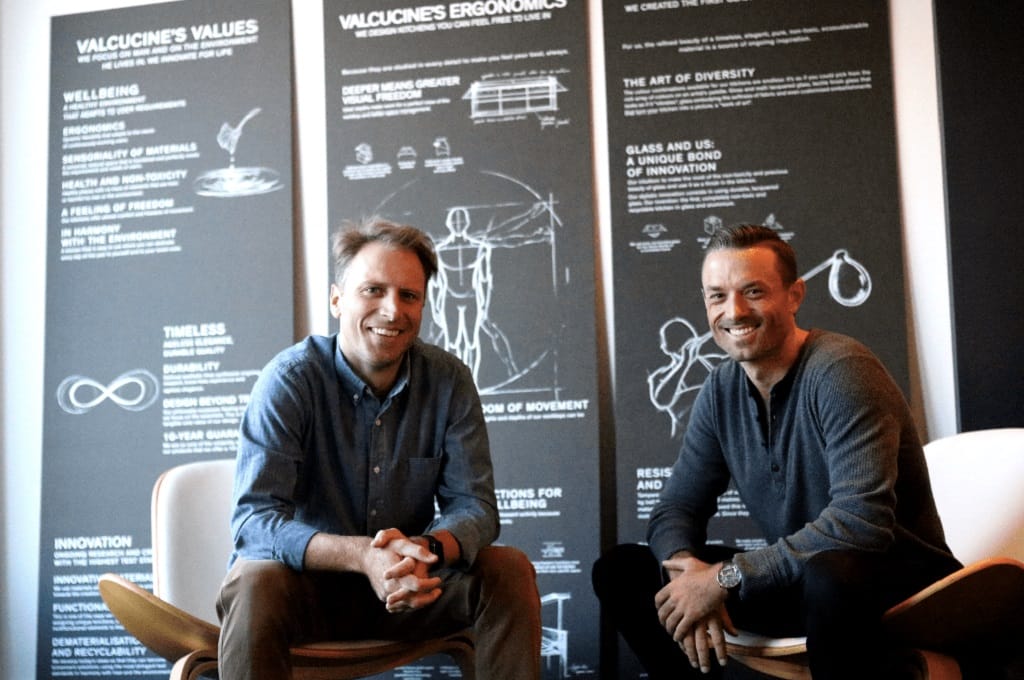Healthcare Startup, Boosted By Pandemic, Wants To Alleviate Fears Before And After Surgery
PatientPartner, which helps surgery patients connect with each other, is seeing rapid growth during the pandemic.
Derek Shumway

May 13, 2021 – Imagine the pit of anxiety in the stomach of a patient being wheeled into the operating room, still asking the doctors and nurses basic questions like what they can and can’t do post-surgery. Shouldn’t they have asked those before going under the knife?
George Kramb and Patrick Frank said they saw these experiences on a consistent basis – Kramb as a healthcare worker and Frank in the experience of his mother who had a life-threatening surgical complication that could have been avoided had she been educated about her options.
In response to these experiences, Kramb and Frank created PatientPartner, a digital service that connects patients with former patients who have already had a surgery and can be a friend to talk to before and after the surgery.
In an interview with Broadband Breakfast, the co-founders said using algorithms based on a relatability matrix, patients are connected with those who are most similar to them to form the best possible bond during their surgical journey. PatientPartner said its patients felt 70 percent more prepared for surgery by having a PatientPartner to talk to beforehand, and that 65 percent of patients had an increase in procedure satisfaction.
The company is only about three years old and partners with hospitals and doctors to expand its network. The company has thousands of users spread across southern California where it started, and has expanded to major cities including Phoenix, Arizona, Dallas, Texas, and Las Vegas.
The co-founders shared how the Covid-19 pandemic affected their company. The healthcare industry moves incredibly slow when it comes to adopting new technology. But the pandemic “instantaneously changed” healthcare providers and saw rapid acceptance of their PatientPartner platform.
Digital solutions like PatientPartner connected doctors with patients who were connected in real-time with former patients to qualm their fears about surgery in ways that haven’t been done before.
To address privacy problems, Kramb maintained that every patient who signs up to be a PatientPartner for someone planning to have surgery, is thoroughly vetted. Not anyone can be a PatientPartner, and last names are not disclosed to protect privacy and thwart bad actors.
Expense for the service is not a barrier either, as neither the patient nor the partner are charged for signing up and joining PatientPartner.
“Healthcare is a very vulnerable subject,” Frank said. It is a scary process for many, and people want a more intimate experience that has more emotion rather than purely an operational perspective—something that only a doctor could give when preparing for surgery.









Member discussion